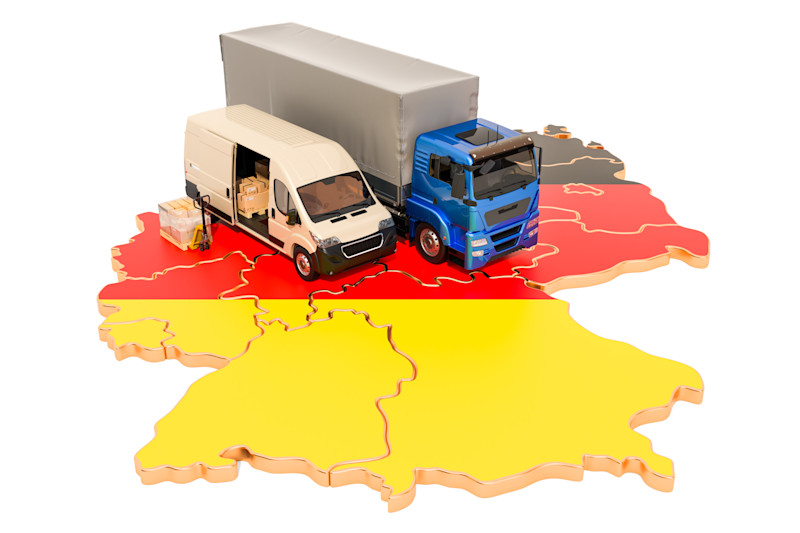In April 2020, car production in Germany was at a record low. Almost all production shut down, minus the plants that were able to transition to making PPE for frontline workers. Prior to the impact from COVID-19, Germany was at the forefront of transitioning to zero-emission vehicles and EV production-oriented factories. As one of several factories at the forefront of the change, Henkel created a unique cloud-based system that connected more than 30 sites and 10 distribution centers. Along with this technology, another leader, Allis-Gleaner Corp. (AGCO), combined digital solutions with intelligent line design, allowing them to create nine different series of tractors on one assembly line. These two plants are examples of what the future holds for German manufacturing as they were recognized as Global Lighthouse Network factories by the World Economic Forum, a recognition based on set requirements identifying factories at the forefront of the movement to integrate advanced technology into factories (World Economic Forum, 2018).
It is expected that the German manufacturing sector will recover in full due to the innovations that companies have created in the country to allow Germany to position itself as a leader by capitalizing on the Industry 4.0 revolution. In its effort to commit production to zero emissions in manufacturing, the German manufacturing sector could lose up to 400,000 jobs by 2030 from upgrades in automation (Sullivan, 2020). During this revolutionary time, the German manufacturing industry will stay relatively stable as it reaches its levels before COVID-19.
German auto analyst Mattias Schmidt notes that the government's commitment to economic welfare and the public's preference for private mobility will be crucial to help the industry recover quickly. The government has incentivized the production of affordable EVs to satisfy this trend. As a result, some manufacturers have advanced their plans to produce electric vehicles and batteries sooner and in higher numbers (Ellyatt, 2020).
Supply Chain Operational Shifts
The German auto supply chain has already suffered disruption as a result of the COVID-19 pandemic, and while this supply chain is projected to recover, there will be inevitable shock waves felt from the lockdown in both the short- and long-term. Both international and domestic supply chains were interrupted due to lockdowns, and many automobile dealers were forced to close. Consequently, consumers facing unemployment and decreases in discretionary income will create less demand for vehicles of all kinds (Keohane, 2020).
Many German auto parts manufacturers report their smaller suppliers in nearby Italy and Spain have gone out of business. Some battery manufacturers who had invested heavily in developing advanced technology for EVs had little cash reserves at the time of disruption and were left insolvent and forced to close. Even for the suppliers which survive the pandemic, the overall chain itself will be slow to recover. Industry experts predict that a movement toward consolidation within the supply chain is a likely outcome to propel the industry back to speed as quickly as possible while supporting smaller suppliers that would otherwise be at risk of collapse (Keohane, 2020).
The information provided in this article is based on research and report provided by George Washington University – CIBER Bootcamp and commissioned by IBDGi on behalf of AMT.
References
Ellyatt, H. (2020, June 11). Germany's carmakers face a 'toxic mix' of challenges as they emerge from the coronavirus crisis. Retrieved August 13, 2020, from https://www.cnbc.com/2020/06/11/germanys- car-industry-faces-big-challenges-after- coronavirus.html
Keohane, D. (2020, April 16). The weakest link in supply chain threatens car industry revival. Retrieved August 13, 2020, from https://www.ft.com/content/9d3b2243-5e26- 4890-918f-ec1daee33ffb
Sullivan, A. (2020, July 9). Could 400,000 German car industry jobs go? DW. https://www.dw.com/en/german-car-industry-job-losses/a-54089880
World Economic Forum. (2018). Technology and Innovation for the Future of Production. World Economic Forum. https://www.weforum.org/projects/global_lighthouse_network






